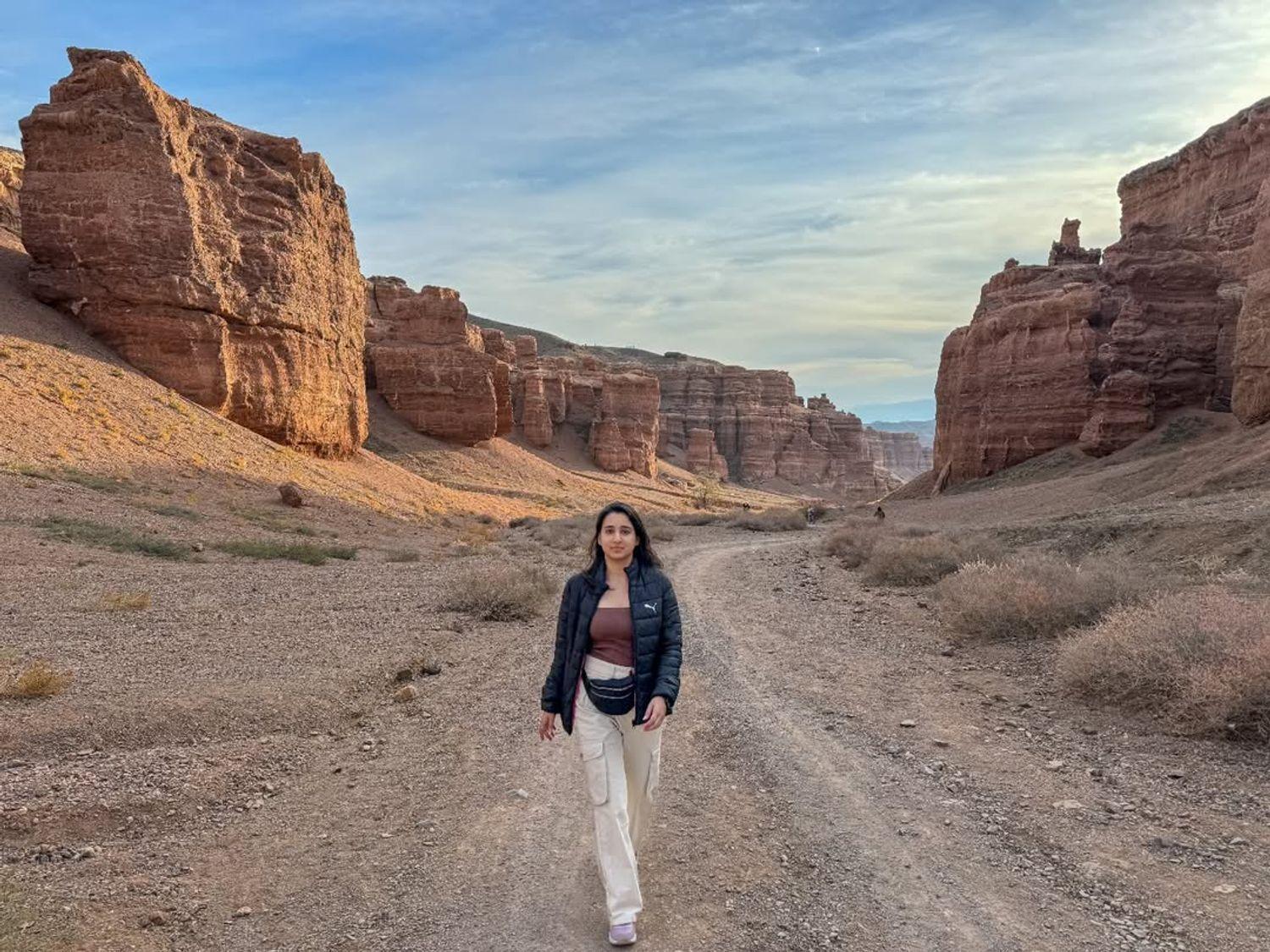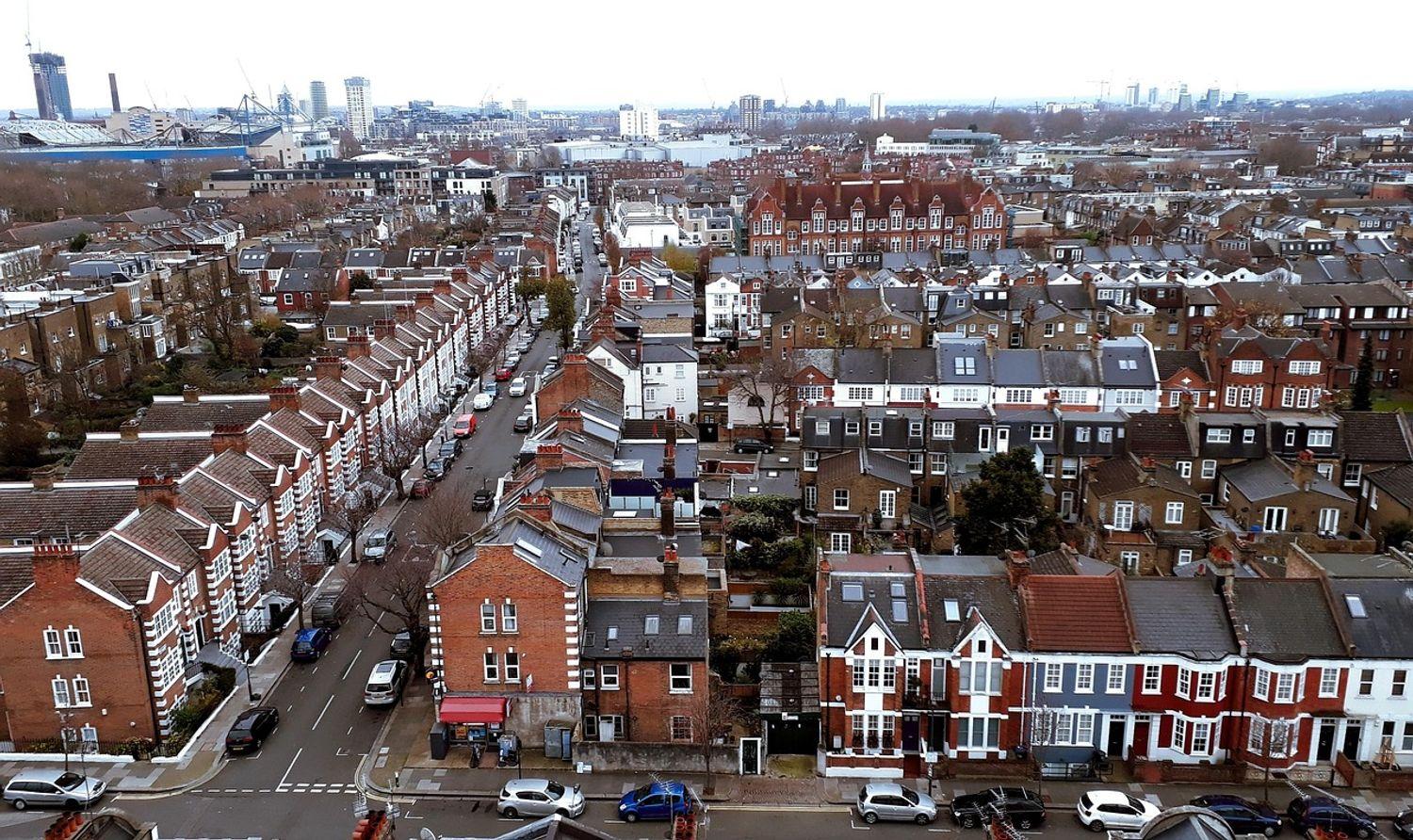Tana Toraja certainly is one of the most unique places to be visited. Past the pleasing green rice gardens and windy roads, an intriguing culture around demise uncovers itself. Here, the residents inhabit beside their deceased loved ones, often for year's, until their funeral. In a hilly region of Indonesia, the Toraja community mummifies the bodies of the dead and look after their preserved corpses as though they still exist. The people of Torajan believe that after demise the soul stays in the house so the dead are attended to food, clothing, water, cigarettes and much more.
Their skin and flesh are preserved from decaying, which commences within days of demise, by a layer of formaldehyde and water. The smell is strong, so the family store dried plants beside the corpse to conceal the odour. For Toraja people, a well-preserved corpse draws a good future so families go to considerable extents to assure those who have deceased stay in the best feasible condition. Torajans learn from an exceptionally young age to deal with demise and to accept it as part of the journey.
Who Are The Toraja?
The Toraja community figure in the hundreds of thousands, and are indigenous to the South Sulawesi area of Indonesia, at the geographical centre of the nation's stretching archipelago. The region is hilly and tropical, undergoing high temperatures and massive rainfall almost every day.
Torajans had limited contact with the external world until the Dutch commenced invading their region in 1906. While maximum of the modern-day Toraja community are of Christian belief and few are Muslim, animism, a belief that non-human elements, such as animals, plants, and even inanimate items possess a spiritual essence, is still very much a portion of their culture. Further importantly, Torajans hold onto the belief that their earliest ancestors were sacred entities who came down to Earth wielding a divine stairway.
Origin of this Strange Tradition
The Ma'Nene festival is recognized to have its origin in the Baruppu town. Legend asserts that Pong Rumasek, a hunter, discovered a corpse rotting under a tree on his journey through the mountains and forest. He stopped by, bathed, and dressed the body in his clothes, bestowing the deceased an ethical and respectful funeral.
After this event in his life, he was reckoned to be granted with good fortune. Still, what sounds further different is that the deceased's funeral is carried for a few days or even years in few families so that they can save up some dollars to pay for an ethical funeral. During these days, families inject a formaldehyde solution into the lifeless body.
Whenever someone deceases, their lifeless corpse is draped in cloth and natural ingredients to avoid decay. Surrounded by lifeless bodies, various people are scared of breathing the dust of corpses. Regardless, it is an indication of the affection and link they share with the deceased. They believe that their loved ones are spiritually existing around them.
Living Among The Dead
The Toraja community of southern Sulawesi, one of Indonesia's largest islands, are recognized for their intricate demise ceremonies, which comprise preserving and exhuming the deceased. The ethnic community treat the deceased as simply sick, giving them food, water, clothes and even cigarettes until the funeral is organized, which can cost of up to US$500,000, can take years if not decades.
An ethnic group of indigenous people to the mountainous Pangala region of Indonesia's South Sulawesi, approximately 800km northeast of Bali, the community is nominally Christian, primarily protestant but alike Catholic, thanks to the impact of Dutch colonial missionaries.
Regardless they learn from a young age to acknowledge demise as a portion of life's journey, and when a family member expires, by their traditional belief, Aluk To Dolo ("Way of the ancestors"), which pertains surprisingly comfortably alongside Christianity, they are attended as if they are sick (toma kula). Food, water and even clothes are given to the toma kula on a regular basis because it is acknowledged the spirit persists near the corpse and craves care.
Draped corpses are held in the southernmost room of the tongkonan, the conventional Torajan house, as puya (paradise) lies in that way, while to the north is where life is found. "The sick" must overlook west, nonetheless, because they are in transition.
Not until the 1st day of rambu solo, that is the funeral, will the family let a corpse to face south, but that could be numerous months, in few examples even decades, after an individual has breathed their final when the family has saved sufficient money for a respectable funeral. Until then, the smell of the formalin utilized to preserve the body will be neutralised with dried plants positioned close to the corpse.
Torajan Funerals
The final breath of the 1st sacrificial water buffalo is sacrificed during the rambu solo ritual points to the official demise of a "sick person". And the more buffaloes that are sacrificed, the sooner a spirit will uncover its way to heaven. If none are sacrificed, it is believed the spirit will never reach heaven.
Twenty-four is the recommend amount of sacrificial buffaloes for middle-caste funerals, although few visitors will lend extra bulls as gifts. In this case, the receiving household is believed to return the favour by providing a buffalo of the same value when the positions are reversed. As the creatures can cost up to US$40,000 each at the Rantepao Livestock Market, decorum is closely followed.
The cost of a buffalo relies on the structures on its skin, the extent of its horns and the colour of its eyes, and each member of the deceased's near family is anticipated to bring at least one.
The expense of a funeral gets more than US$50,000 for lower castes and possibly between US$250,000 and US$500,000 for the upper classes, which enables clarify why toma kula can remain in the family residence for so long.
A Lavish Celebration
As a portion of an unusual ritual, the Indonesian Torajan community dig up the mummified bodies of their dead relatives to clean and dress them. They then parade their dressed dead bodies around the roads. This ceremony is a fraction of the annual Ma'nene festival. Even after the 3-5 days long event of the rambu solo ritual, when the dead are ultimately buried in a tomb or stone grave, they are not abandoned to rest in peace.
Every one to three years, a family will assemble for the ceremony recognized as ma'nene, when the deceased will be carried out of their coffins, cleaned and provided a fresh pair of clothes. Families from far and wide reach to celebrate manene, feasting, exchanging tales and respecting the dead. Ma'nene isn't about demise, it is a festival of affection that goes beyond mortality, enlightened by the tale of Pong Rumasek, a hunter who discovered a dead body under a tree.
He gently draped the corpse in cloth and buried it, and by performing so was endowed with good luck and a long life. Friends and family will travel huge distances to be reunited with their dead loved ones and celebrate a feast to reflect the event. It is furthermore a time when younger generations can greet their ancestors for the initial time. They will frequently pose for photographs with the corpses, or take a selfie. Ultimately, the dead will be returned to their coffin and families will leave them with fresh gifts such as clothes, watches, glasses or jewellery.
The celebration ensures that the dead has a part in the community even after their death. It made the community believe not to perceive demise with a sinister filter. The world might notice at the Ma'Nene festival as unique and extremely odd. However, the community believe that demise is not the end of affection and respect.
Accepting Death the Torajan Way
More so than different cultures, the Torajans certainly adopt the belief that the deceased is never actually gone. Demise is not beheld as something to fear, but a natural stage in life that is embraced completely. Thanks to this, households don't strive to keep their sick people alive for as long as feasible through modern medical methods but allow demise to take place naturally. And there's definitely knowledge to be attained from the Torajans' natural procedure of dealing with demise, the one unavoidable cycle that binds all of humanity together.




